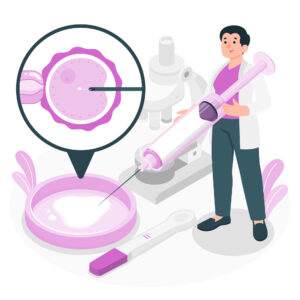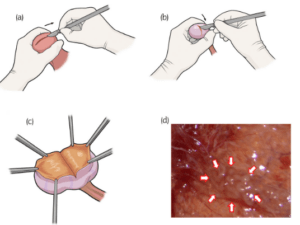
Biological Therapy for Non-Obstructive Azoospermia
Biological Therapy for Non-Obstructive Azoospermia Introduction Non-obstructive azoospermia (NOA) is a severe form of male infertility caused by impaired or absent spermatogenesis within the testes.

Understanding Zero Sperm Count in the USA: Causes, Diagnosis, and Treatment Options
Introduction
Zero sperm count, medically known as azoospermia, is a condition where a man has no sperm in his semen. It is a common cause of male infertility, affecting an estimated 1% of the male population. In the USA, the rising awareness about male infertility has shed light on the causes, diagnosis, and treatment options for zero sperm count. In this article, we explore the condition in depth, its causes, diagnosis, and the available treatments.
What is Zero Sperm Count?
Zero sperm count or azoospermia is diagnosed when a semen analysis shows no sperm present in the ejaculate. It is important to note that azoospermia is not the same as low sperm count (oligospermia), where a reduced number of sperm is present but still enough for fertility.
Causes of Zero Sperm Count in the USA
There are several potential causes of azoospermia, and they are generally divided into two categories: obstructive and non-obstructive.
Diagnosis of Zero Sperm Count
The first step in diagnosing zero sperm count is a semen analysis, which is usually performed after two to three semen samples are collected. If no sperm are found in the semen, further tests, including hormonal evaluations and genetic screening, are conducted to identify the underlying cause.
Treatment Options for Zero Sperm Count
Depending on the cause of azoospermia, there are several treatment options available:
Prevention and Management
While some causes of zero sperm count are genetic or unavoidable, maintaining a healthy lifestyle can reduce the risk factors associated with azoospermia. Regular exercise, a balanced diet, and avoiding environmental toxins are key to reproductive health.

Biological Therapy for Non-Obstructive Azoospermia Introduction Non-obstructive azoospermia (NOA) is a severe form of male infertility caused by impaired or absent spermatogenesis within the testes.

Clinical Management of Nonobstructive Azoospermia (NOA): An Update Nonobstructive azoospermia (NOA) is a condition marked by the absence of sperm in the ejaculate due to
Prolistem, a patented formula, has not been evaluated by the Food and Drug Administration. This product is not intended to diagnose, treat, cure, or prevent any disease.
Copyright © 2023 Prolistem®
Prolistem, a patented formula, has not been evaluated by the Food and Drug Administration. This product is not intended to diagnose, treat, cure, or prevent any disease.
Copyright © 2023 Prolistem®